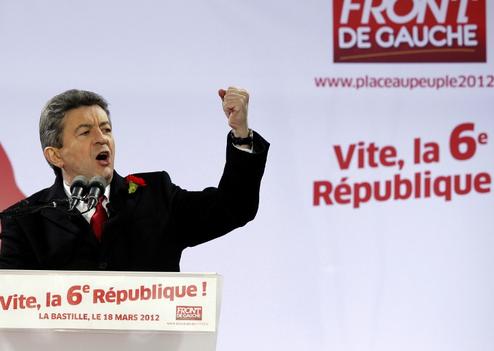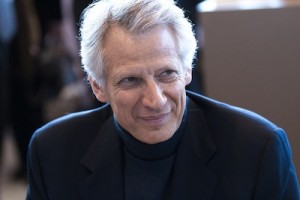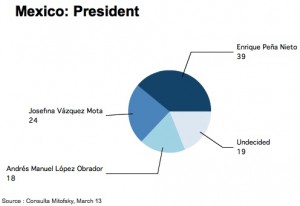Evangelos Venizelos, formerly the beleaguered finance minister of what remains of the Greek government, fresh off a negotiation of Greece’s second bailout (including an orderly debt writedown deal with private creditors), won the uncontested leadership of Greece’s main center-left party Sunday, in advance of legislative elections expected to occur in late April or early May.![]()
Although he had only served as finance minister since June 2011, Venizelos quickly became battle-tested in having faced down the “troika” of the International Monetary Fund, the European Commission and the European Central Bank. If you can negotiate against Angela Merkel, Christine Lagarde and who-knows-how-many creditors, and you can emerge with Greece remaining intact, however delicately, perhaps you have a decent shot are rehabilitating the Panhellenic Socialist Movement (Πανελλήνιο Σοσιαλιστικό Κίνημα), or “PASOK” (ΠΑΣΟΚ in Greek).
But if Greece’s economy is in shambles, its politics are perhaps in even worse shape — no one thinks Venizelos’s new job will be any easier.
A new poll today shows PASOK with just 12.5% support (down from the 44% it received in the 2009 elections), and Greece’s center-right New Democracy party (Νέα Δημοκρατία) with just 22.5% support (down from 33.5% that it received in the 2009 elections).
Former minister of culture Antonis Samaris will lead New Democracy into the election, which will be only the second Greek election that neither a Papandreou nor a Karamanlis will lead one of the major parties, at least since Greece returned to democracy in 1974.
Continue reading What will happen in this spring’s Greek elections?






